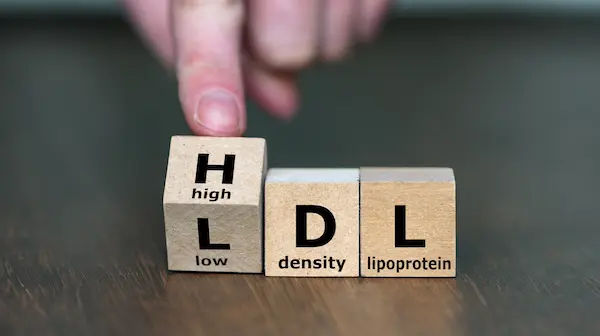- male
- 45 Years
- 22/01/2025
I've been dealing with constant pain on the left side of my chest for about 8 months now. My ECG came back normal, so I'm pretty confused about what's going on. Sometimes taking something for acidity helps a bit, but other times it doesn't do much. Along with that, I've been feeling pretty nauseous and have had some trouble breathing. Does this sound like something serious, or should I keep trying different medications?
More Cardiology Health Queries
View allI'm experiencing moments when my pulse rate shoots up to 200 or more, and it lasts for about 4 to 5 hours. Can you help me understand why this is happening?
A pulse rate of 200 and above for 4 to 5 hours can be a sign of a serious medical condition called supraventricular tachycardia (SVT). SVT is a rapid heart rate that starts in the upper chambers of the heart. It can be caused by various factors such as stress, caffeine, alcohol, or underlying heart conditions. You should seek immediate medical attention if you experience such high and prolonged heart rates. The medication that can be used to help control SVT includes medications like Adenosine or Verapamil. The dosage and duration of treatment will be determined by a healthcare professional based on your individual case.
Answered by 1 Apollo Doctors
Can drinking lots of water lower blood pressure?
Drinking water has role in blood pressure maintenance. When a person is dehydrated BP drops initially but later on kidneys reabsorbs more water rather than excreting in urine and vasopressin is released which constricts the blood vessels, both together can increase blood pressure. Hence, every person should drink at least 3 liters of water in a day to prevent dehydration and to maintain BP. One should also note that excess water intake should also be avoided which can put more stress on heart and cause fluid retention in the body.
Answered by 1 Apollo Doctors
I'm feeling a bit worried because every time I move my left hand, I get this sudden cramp in the center of my chest. A couple of years back, I had an ECG, an echo, and a TMT done, but everything was normal. I also had an endoscopy, which only showed H. pylori. This pain has recently started again, and I'm not sure what it means. Could it be related to the H. pylori, or should I be concerned about something else?
Rule out cervical spondylosis
Answered by 1 Apollo Doctors
Disclaimer: Answers on Apollo 247 are not intended to replace your doctor advice. Always seek help of a professional doctor in case of an medical emergency or ailment.






